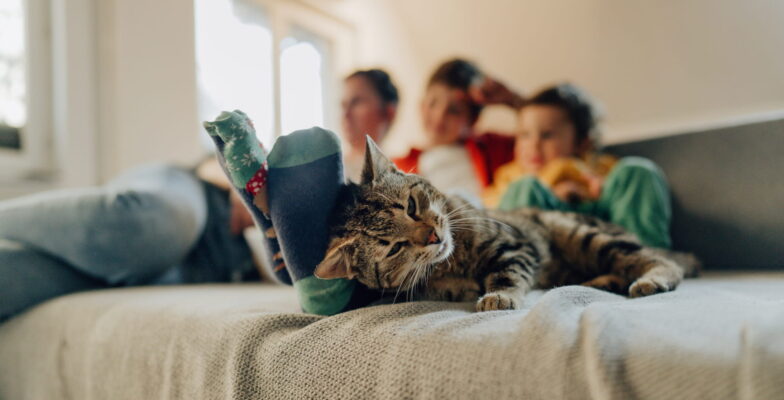Cats have earned their place as one of humanity’s most cherished companions, captivating hearts and homes across the globe. With their enigmatic charm and endearing behaviors, these felines have transcended mere domesticity to become symbols of affection, comfort, and companionship. Understanding why we love cats requires an exploration of their unique characteristics, the psychological benefits of their companionship, and the cultural significance they hold.

First, the inherent qualities of cats foster a deep emotional connection with their human counterparts. Unlike some other pets, cats exhibit an intriguing blend of independence and affection. They are self-reliant creatures that often seek solitude, yet they also readily display love and attachment to their owners. This duality appeals to a wide variety of personalities; those who appreciate the comforting presence of a companion without the demands of constant attention find solace in the company of a cat. The gentle act of a cat curling up on a lap or gently purring while nestled close provides an intimate bond that resonates with their caregivers. Furthermore, their playful antics—running after a feather or chasing after a dot made with a laser pointer—bring joy and laughter, reinforcing the emotional ties with their humans.
Moreover, the psychological benefits of having a cat as a companion are well-documented. Studies indicate that pet ownership can lead to reductions in stress and anxiety, helping individuals cope with the challenges of daily life. The rhythmic sound of a cat’s purr is often compared to a form of therapeutic music, offering a source of tranquility that soothes frayed nerves. The presence of a cat can alleviate feelings of loneliness, allowing those who experience solitude to find companionship and purpose in caring for a living being. In essence, the emotional support provided by our feline friends fosters mental well-being, enhancing the overall quality of life for many individuals.
Culturally, cats hold a revered place in societies worldwide, further illustrating why we are drawn to them. In ancient Egypt, felines were worshipped as sacred beings, representing protection and fertility. This historical reverence has evolved over centuries, with cats becoming symbolic figures in literature, art, and folklore. The image of the cat has been romanticized in narratives ranging from whimsical tales to profound philosophical musings. Presently, social media platforms are teeming with cat-related content that celebrates their quirks and charisma, further entrenching their status as beloved companions. The cultural significance of cats not only illuminates their impact on human life but also reinforces our attachment to these remarkable animals.
In conclusion, the love we have for cats stems from their multifaceted nature as companions. Their unique blend of independence and affection, coupled with the psychological benefits they offer and their rich cultural significance, elucidates the profound bond that exists between humans and felines. As we navigate the complexities of modern life, the presence of a cat provides not merely companionship but also a comforting reminder of the simple joys of life. In a world that is often frenetic and overwhelming, cats offer a refuge, making them, truly, the “purrfect” companions.
